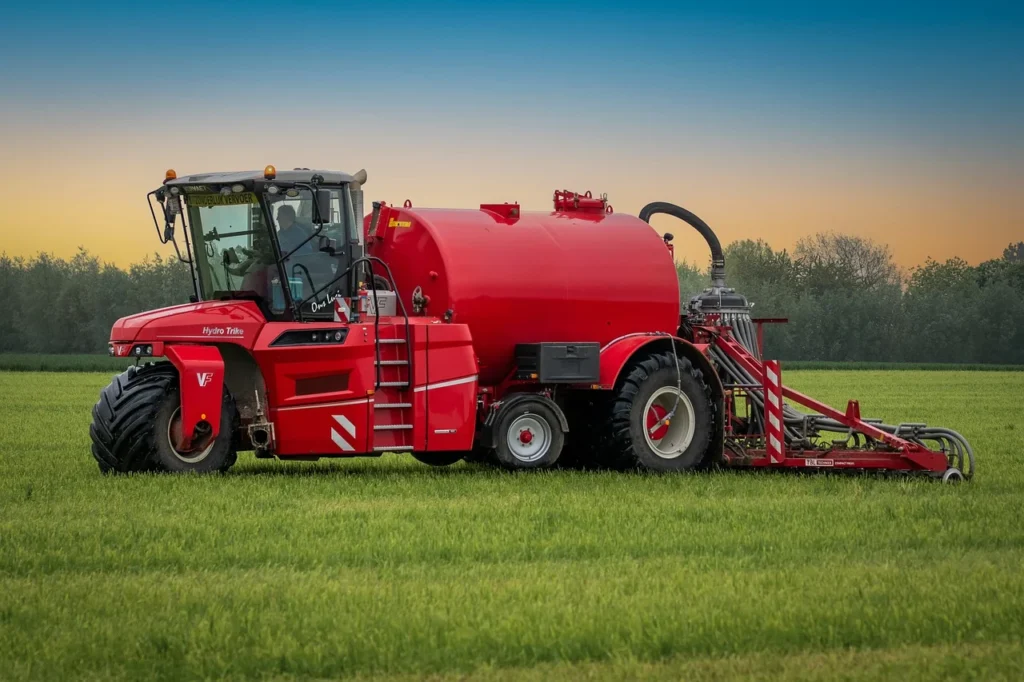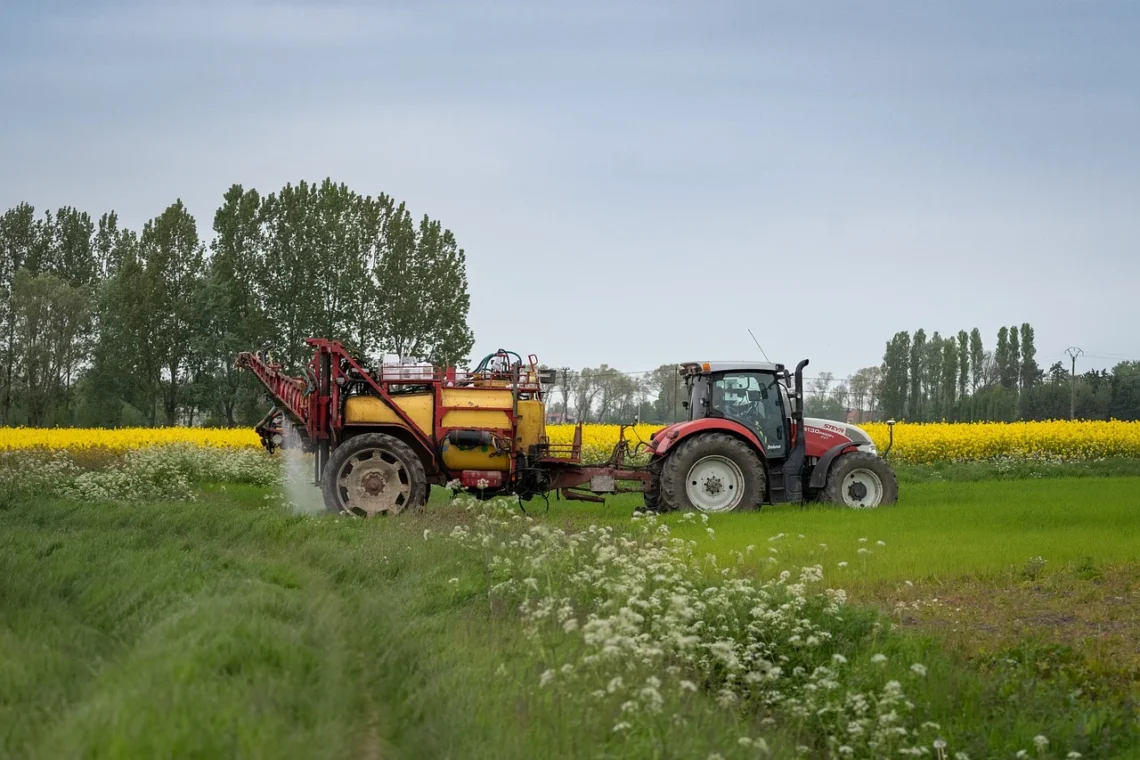Introduction
When it comes to supervised agricultural experiences (SAEs), finances play a crucial role. The concept of finances in a placement supervised agricultural experience revolves around understanding income, expenses, budgeting, and long-term financial planning within the agricultural field. Let’s explore the details, step by step.

What is a placement supervised agricultural experience?
A placement supervised agricultural experience involves students gaining real-world experience by working under the supervision of a professional in an agricultural setting. These opportunities are hands-on and can range from internships at farms to working in agribusiness firms. Finances in a placement-supervised agricultural experience include managing earnings, tracking costs, and learning financial management through practical applications.
Understanding the Role of Finances in a Placement SAE
Income Sources in Placement SAEs
One of the first aspects of finances in a placement supervised agricultural experience is understanding where your income comes from. Typically, students are paid a wage or stipend for their work. This is an excellent opportunity to learn about salary structures, deductions like taxes, and ways to maximize earnings.
- Hourly Wages: Common for farm labor or agribusiness roles.
- Stipends: Often provided in educational internships or training roles.
- Bonuses or Incentives: Based on performance or productivity in certain placements.
Tracking Expenses
While you may be earning during your placement, tracking expenses is equally important. Expenses could include transportation, work attire, meals, and even tools or supplies needed for the job.
- Fixed Costs: These remain constant, like commuting expenses.
- Variable Costs: These fluctuate, such as costs for equipment or supplies.
Keeping detailed records helps you understand where your money is going and how to budget effectively.
Budgeting Basics in Placement SAEs
Importance of Budgeting
Learning how to budget is a significant part of managing finances in a placement supervised agricultural experience. Budgeting helps you prioritize your financial needs and avoid unnecessary expenses.
Steps to Create a Budget
- Determine Your Income: Know how much you earn from your placement.
- List Your Expenses: Include all fixed and variable costs.
- Set Savings Goals: Allocate a portion of your income for savings.
- Track and Adjust: Regularly update your budget based on changes in income or expenses.
Financial Skills You Gain in Placement SAEs
Real-World Money Management
Finances in a placement supervised agricultural experience provide a platform to practice real-world financial management. You’ll learn to balance earning with spending and develop strategies for savings.
Learning to Invest
Some placements might allow you to explore areas like farm investments or machinery costs. Understanding how to allocate resources for maximum returns is an invaluable skill.
Financial Challenges in Placement SAEs
Unpredictable Costs
Working in agriculture often means dealing with unforeseen expenses, such as equipment breakdowns or weather-related issues. Learning to handle these financial hurdles prepares you for the uncertainties of the industry.
Balancing Work and Study
For students, balancing academic responsibilities with work commitments can be challenging. Managing finances during this time teaches discipline and planning.
The Long-Term Impact of Placement SAEs on Finances
Building Financial Discipline
By managing finances in a placement supervised agricultural experience, students develop lifelong habits of budgeting, saving, and investing wisely.
Career Advancement
Understanding financial operations in agriculture gives you a competitive edge. Employers value candidates who can contribute to the financial success of their businesses.
Tips for Financial Success in Placement SAEs
- Keep a Record: Document your income and expenses daily.
- Set Goals: Define short-term and long-term financial goals.
- Seek Advice: Learn from your supervisors or mentors about financial best practices in agriculture.
- Save for Emergencies: Always keep a small emergency fund for unexpected expenses.
FAQs
What are the main components of finances in a placement supervised agricultural experience?
The main components include earning income, tracking expenses, budgeting, and learning about financial management specific to the agricultural sector.
How can students benefit financially from placement SAEs?
Students gain hands-on experience in managing income, expenses, and savings. They also learn about real-world financial challenges and solutions.
Is budgeting necessary for placement SAEs?
Absolutely. Budgeting helps students allocate their resources wisely, prioritize expenses, and save for future needs.
What financial challenges might I face in a placement SAE?
Common challenges include managing unpredictable expenses, balancing work and study, and adapting to varying income levels.
Can I learn about investments during a placement SAE?
Yes, some placements offer opportunities to understand investments related to agricultural machinery, farm operations, or resource allocation.
How does managing finances in a placement SAE prepare me for my career?
It develops essential skills like budgeting, saving, and financial planning, which are crucial for success in any professional environment.
What tools can I use to track my finances?
You can use budgeting apps, spreadsheets, or even simple notebooks to track income and expenses effectively.
By understanding finances in a placement supervised agricultural experience, students not only gain technical skills but also develop the financial acumen needed for long-term success in the agricultural industry.
Explore More : Futurefinancevision





